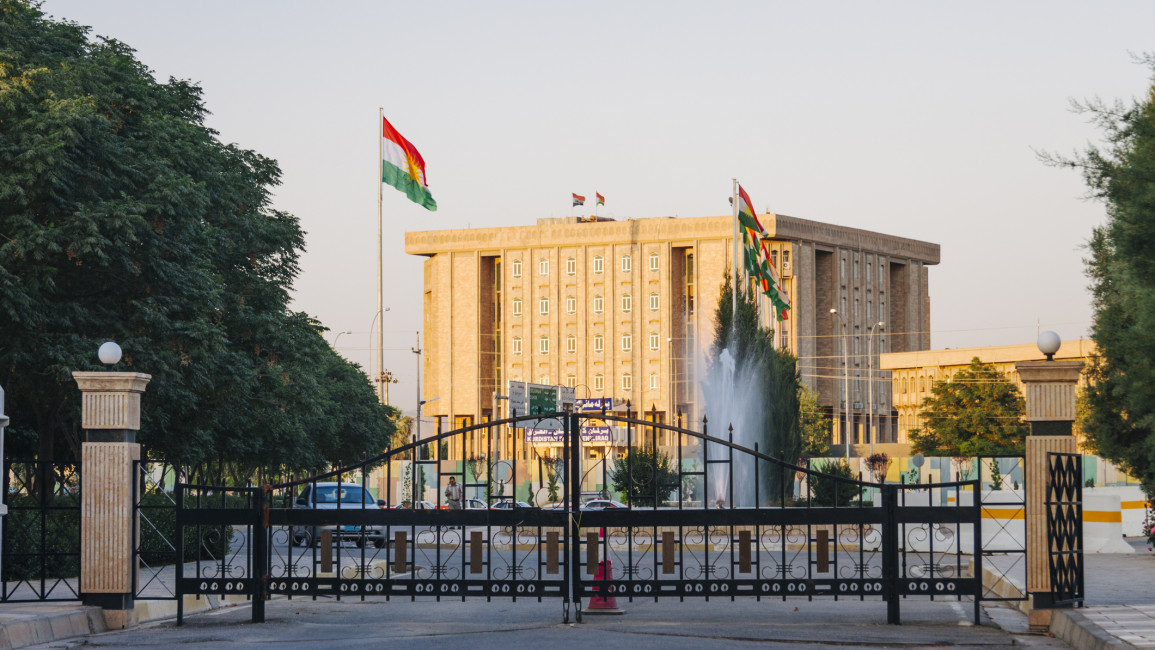Iraqi Kurdistan fails to protect domestic violence survivors: Amnesty International
The Kurdistan Region of Iraq is failing to hold perpetrators of domestic violence accountable and is imposing arbitrary restrictions on survivors seeking protection in shelters, according to a new report by Amnesty International released today.
Despite some legislative progress in combating domestic violence, the report highlights significant obstacles faced by survivors in accessing justice and protection. It criticises the Kurdistan Regional Government (KRG) authorities for lacking the political will to prosecute offenders and for offering insufficient support to women and girls.
Amnesty International’s Deputy Regional Director for the Middle East and North Africa, Aya Majzoub, stated that survivors face daunting obstacles that leave them vulnerable and allow perpetrators to remain unpunished. Shelters for survivors are described as having prison-like conditions, often compelling women and girls to return to abusive environments.
"I do not say that everything in the report is correct, but it is realistic and includes key issues that we as women's organizations talk and work on constantly," Bahar Munzir, General Director of People's Development Organisation (PDO), a local organisation working on women's rights in the Kurdistan region, told The New Arab in an interview.
The report, based on interviews and field research, underscores the need for the Iraqi Kurdistan's authorities to enforce its progressive domestic violence laws, increase funding for support institutions, and improve shelter conditions. It also calls for eliminating mandatory reconciliation processes at the Directorates for Combating Violence Against Women and the Family (DCVAW) before criminal proceedings and removing court order requirements for shelter access.
"We are always supportive of the existence of the reconciliation committees because every case is different from another, and the committee's role is only advisory. The KRG should further support these committees," Munzir noted.
The findings reveal a justice system that perpetuates impunity, with survivors often required to file their own criminal complaints, facing lengthy court proceedings and biased judges. Amnesty International urges the Iraqi Kurdistan authorities to take concrete action against gender-based violence and improve protection mechanisms for women and girls.
Munzir also highlighted the role of reconciliation committees in advising on individual cases but stressed the need for clearer procedures and support for women filing criminal complaints. She pointed out concerning practices in the justice system, such as judges suggesting marriage between rape victims and offenders, urging reforms to better protect women and girls.
Although comprehensive statistics on gender-based violence are unavailable, government officials reported 30 women killed in 2023 and 44 in 2022. NGO workers informed Amnesty International that actual numbers are likely significantly higher. The Directorate for Combating Violence Against Women and the Family (DCVAW) received 15,896 domestic violence complaints in 2022, but figures for 2023 were not disclosed to Amnesty International.




 Follow the Middle East's top stories in English at The New Arab on Google News
Follow the Middle East's top stories in English at The New Arab on Google News
![A group of Palestinians, foreign and Israeli activists gather to participated in an olive picking event on the land in the town of Battir, which is under threat of confiscation by Israel in Bethlehem, occupied West Bank on 8 November 2024. [Getty]](/sites/default/files/styles/image_330x185/public/2182930803.jpeg?h=199d8c1f&itok=__0LgGsa)

![People gathered around the rubble of destroyed houses to search for survivors [Getty]](/sites/default/files/styles/image_330x185/public/2024-11/GettyImages-2184733820.jpg?h=199d8c1f&itok=NiM1LO2f)